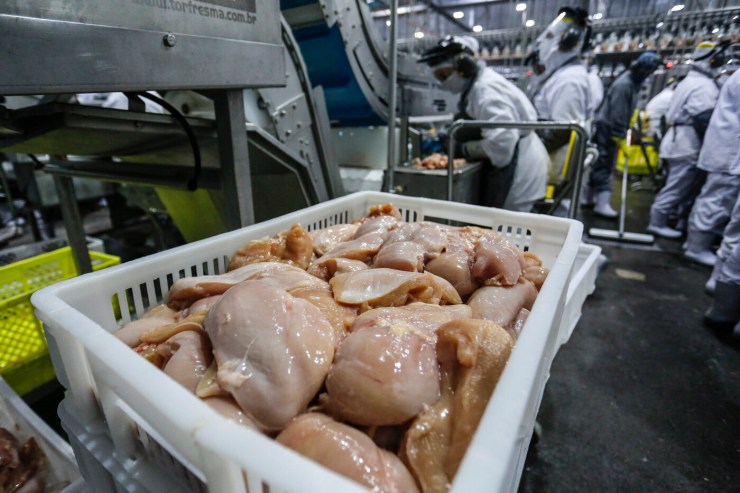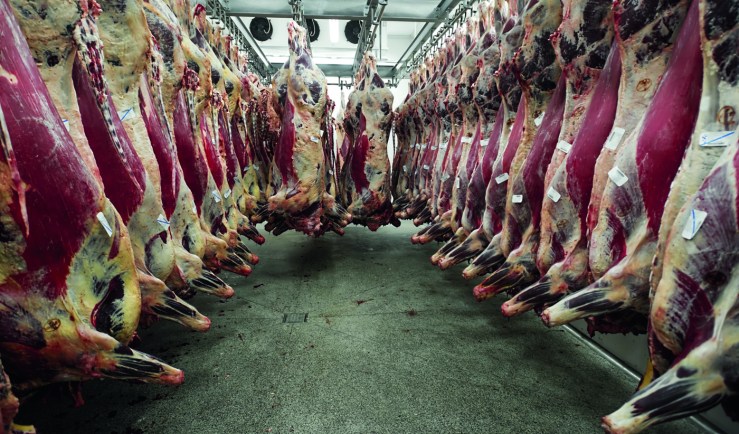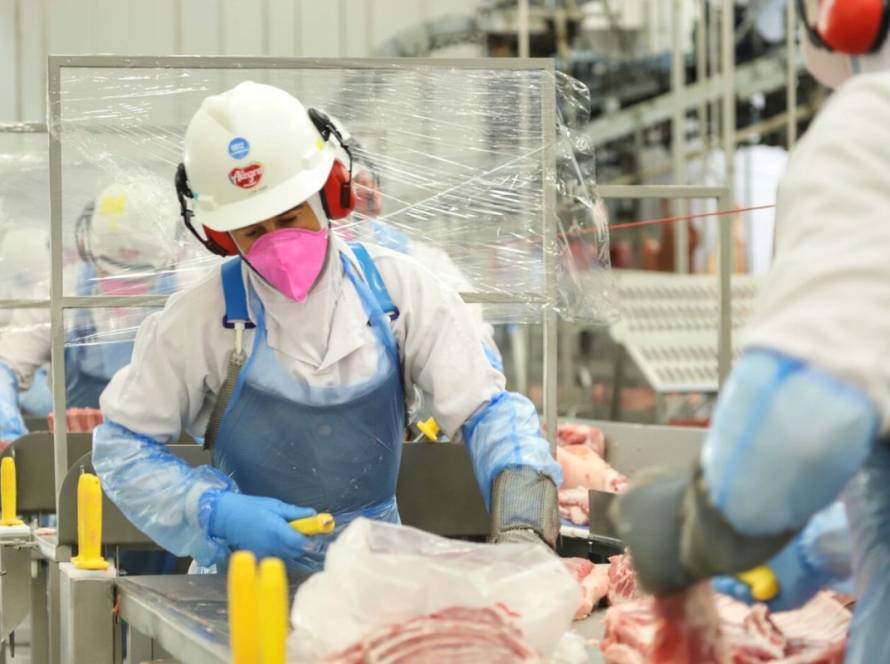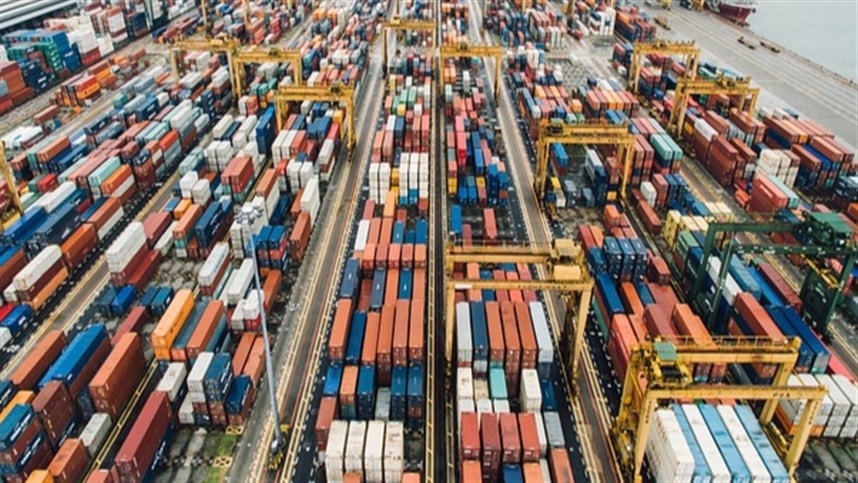Exports of products affected by the US tariff hike fell 22.4% in August compared to the same month in 2024. Sales of items that did not suffer additional tariffs fell 7.1%.

This finding is in the Brazil-US Trade Monitor, a bulletin prepared by the American Chamber of Commerce for Brazil (Amcham Brasil), a non-profit organization that represents more than 3,500 companies involved in trade between the two countries.

Photo: Gilson Abreu
The analysis is based on data from the Ministry of Development, Industry, Commerce and Services (MDIC), which had already revealed that Brazilian exports to the United States regressed 18.5% in August compared to the same month in 2024. According to Amcham, last month's data indicate that the surcharges imposed by the US caused a significant drop in Brazilian exports and have also contributed to the slowdown in imports.
Regarding non-taxed products, Amcham estimates that the 7.1% drop was influenced “mainly by market factors, such as lower US demand for oil and derivatives”.
Second business partner
The United States is Brazil's second-largest trading partner, second only to China. In the first eight months of the year, trade between the two countries reached US$1,500,000. Brazil's exports totaled US$1,500,0 ...
Pricing
The application of taxes of up to 50% to a large portion of Brazilian sales to the United States became known as the "tariff hike."
 The Donald Trump administration signed an executive order establishing the tax starting August 6th, but left approximately 700 products on a list of exceptions. These include orange juice and pulp, fuels, minerals, fertilizers, and civil aircraft, including engines, parts, and components. Also excluded were products such as wood pulp, cellulose, precious metals, energy, and energy products.
The Donald Trump administration signed an executive order establishing the tax starting August 6th, but left approximately 700 products on a list of exceptions. These include orange juice and pulp, fuels, minerals, fertilizers, and civil aircraft, including engines, parts, and components. Also excluded were products such as wood pulp, cellulose, precious metals, energy, and energy products.
Trump claims that the Americans have a trade deficit (they buy more than they sell) with Brazil – which is contradicted by official figures from both countries.
The US president also cited Brazil's treatment of former President Jair Bolsonaro, whom he considers persecuted, as justification. Bolsonaro is a defendant in the Supreme Federal Court (STF) for attempted coup d'état, in a trial that entered its final stages this week. According to the Ministry of Development, Industry, Trade and Services, the 50% tariff increase affects approximately one-third (35.9%) of Brazilian exports to the United States.
USA with positive balance
The data shows that, contrary to Trump's claims, the United States sells more than it buys from Brazil. In August alone, Brazil's trade deficit reached US$1.2 billion, an increase of US$1,881,400 compared to the same month last year. In the consolidated period from January to August, the deficit totals US$1.5 billion.
The business chamber's survey shows that, from January to July, the American deficit with the entire world is US$1,500,000,000, up 22.41,000,000 compared to the same period in 2024. But Brazil is at the other end of this account as the fifth partner with the largest deficit in its relationship with the Americans, behind only the Netherlands, Hong Kong, the United Kingdom, and the United Arab Emirates.
Imports
 According to Amcham, the impact of the tariff hike is also felt in Brazilian imports, "especially in sectors more integrated with American industry, such as coal, essential for steel production in Brazil," that is, materials that Brazilian companies buy from the United States to resell to Americans incorporated into other products.
According to Amcham, the impact of the tariff hike is also felt in Brazilian imports, "especially in sectors more integrated with American industry, such as coal, essential for steel production in Brazil," that is, materials that Brazilian companies buy from the United States to resell to Americans incorporated into other products.
In August, Brazilian imports rose 4.6%, but at a slower pace than the 18.1% recorded in July and 18.8% in June, indicating a loss of momentum in bilateral trade. "The sharp slowdown in the pace of Brazilian imports from the US signals an indirect effect of the tariffs, reflecting the high degree of integration and intra-firm trade between the two largest economies in the Americas," said Amcham president Abrão Neto.





